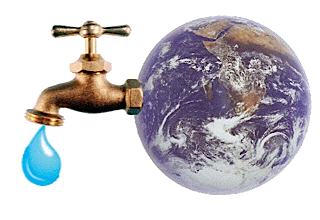For the second year in a row, a significant drop in UK cereal crops is likely this summer after adverse weather conditions over the autumn and winter months forced arable farmers to abandon a fifth of winter crop acreages. Official figures from the Home Grown Cereal Authority (HGCA) record that winter wheat plantings are down by 25% year on year at 1.4 million hectares, with the comment that there may have been drilling windows during drier weather in February for empty fields to be planted.
 Likewise, HGCA was anticipating additional spring barley sowings where winter drilling had not be possible. At the beginning of the year, winter barley plantings were down 19% year on year at 280,000 hectares. There were also predictions that a higher than average proportion of winter-sown oilseed rape crops would be abandoned. Yields, too, are likely to reflect a difficult growing season as cereal crops have struggled to get established.
Likewise, HGCA was anticipating additional spring barley sowings where winter drilling had not be possible. At the beginning of the year, winter barley plantings were down 19% year on year at 280,000 hectares. There were also predictions that a higher than average proportion of winter-sown oilseed rape crops would be abandoned. Yields, too, are likely to reflect a difficult growing season as cereal crops have struggled to get established.
In May, the National Farmers’ Union (NFU) asked 76 members of its crops boards across England and Wales how their wheat crop was faring: the survey covered about 16,000 hectares of wheat field.
The NFU blamed the weather but worked in an inevitable plug for pesticides:
“It comes following a year of unprecedented extreme weather which has battered crops, underlining the importance of farmers access to crop protection technology, and for the government’s implementation of CAP not to disadvantage English farmers.”
NFU combinable crops chairman Andrew Watts reported a 29% year on year drop in the predicted area that will be viable to harvest on the farms that took part in the survey. However, he attributes farmers’ low confidence to: “…the march by lobbying organisations to force restrictions on the use of neonicotinoids and potential restrictions on triazoles, it is hardly surprising to see that short-term confidence is so low.”
Whatever the weather, Watts’ belief in crop treatment is unshakable: “If the experts are to be believed and extreme weather is to become more frequent over the coming years, we must look at ways of supporting the industry. Crop protection technology must be embraced to help safeguard our harvests in years to come.”





